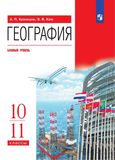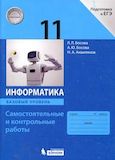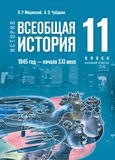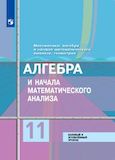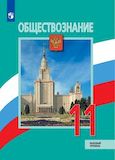Упр.1 Модуль 7d ГДЗ Spotlight 11 класс
1 "Если" Редьярда Киплинга - одна из лучших поэм. Прочитайте первую строку каждой строфы и две последние строки поэмы. Кому Киплинг адресовал эту поэму? Прочитайте биографию ниже, чтобы узнать.
Редьярд Киплинг
(1865-1936)
Британский писатель и поэт, родился в Бомбее, Индия. У него было очень счастливое детство, пока его в возрасте шести лет вместе с сестрой не отправили в Англию, для получения образования. Шесть его последующих лет были несчастны. Он был беспризорен и с ним жестоко обращалась супружеская пара, заботившаяся о нём. В 12 лет он стал жить со своей тетей и только тогда рассказал о том, что он пережил. В возрасте 16 лет, он возвратился в свою любимую Индию, где он работал журналистом. Он написал много стихов и рассказов в том числе Mandalay (1890) и Gunga Din (1892). Они были опубликованы в газете вместе с его новостями, а позже как коллекция.
Он много путешествовал и женился в 1892 году. В течение следующих нескольких лет Киплинг написал Книгу Джунглей (1894-1895), Отважные капитаны (1897), Труды дня (1898) и многие другие. У него было две дочери и сын, и жизнь была прекрасна, пока его старшая дочь не умерла в возрасте 7 лет от пневмонии. С тех пор, жизнь никогда не была прежней, и семья переехала в сельскую местность Англии для уединенной жизни. Киплингу была присуждена Нобелевская премия по литературе, но он отказывался от чести быть поэтом - лауреатом и от дворянства много раз.
Наиболее известное стихотворение Киплинга "Если" (1895) - вдохновляющее, мотивационное стихотворение о том, как преодолевать трудности. Он подчеркивает значение внутренней силы и способности не показывать свои эмоции.
Решение #
Kipling addresses all of mankind / people who face difficulties in their lives.
(Киплинг обращается к человечеству/людям, которые встречаются с трудностями в жизни)
Приведем выдержку из задания из учебника Юлия Ваулина, Джунни Дули 11 класс, Просвещение:
1 Rudyard Kipling's If is one of the best known poems. Read the first line in each stanza and the two last lines of the poem. Who does Kipling address the poem to? Read the biography below to find out.
British author and poet, born in Bombay, India. He had a very happy childhood until, at the age of six, he and his sister were sent to England to be educated. His next six years were miserable. He was neglected and treated cruelly by the couple who were looking after him. At 12, he went to live with his aunt and only then spoke of what he had gone through. At the age of 16, he returned to his beloved India where he worked as a journalist. He wrote many poems and short stories ,including Mandalay (1890) and Gunga Din (1892 . These were published in the paper along with his news reports and later as collections.
He travelled extensively and married in 1892. Over the next few years Kipling wrote The Jungle Books (1894-1895 , Captains Courageous (1897 , The Day's Work (1898) and many more. He had two daughters and a son, and life was wonderful until his eldest daughter died of pneumonia at the age of 7. From then on, life was never the same again, and the family moved to the English countryside for a secluded life. Kipling was awarded the Nobel Prize for literature, but he turned down the honour of Poet Laureate) and a knighthood many times.
Kipling's most famous poem If (1895) is an inspiring, motivational poem about how to overcome difficulties. It emphasises the value of inner strength and the ability to not show your emotions.
If you can keep your head when all about you Are losing theirs and blaming it on you; If you can trust yourself when all men doubt you, But make allowance for their doubting too;) If you can wait and not be tired by waiting, Or, being lied about, don't deal in lies, Or, being hated, don't give way to hating, And yet don't look too good, nor talk too wise;
If you can dream - and not make dreams your master;) If you can think - and not make thoughts your aim; If you can meet with triumph and disaster And treat those two impostors just the same; If you can bear to hear the truth you've spoken Twisted by knaves1 to make a trap for fools, Or watch the things you gave your life to broken, And stooj) and build 'em up with worn-out tools;
If you can make one heap of all your Mings And risk it on one turn of pitch-and-toss2, And lose, and start again at your beginnings) And never breathe a word about your loss; If you can force your heart and nerve and sinew3 To serve your turn long after they are gone, And so hold on when there is nothing in you Except the w§ which says to them: "Hold on";
Популярные решебники 11 класс Все решебники
*размещая тексты в комментариях ниже, вы автоматически соглашаетесь с пользовательским соглашением
